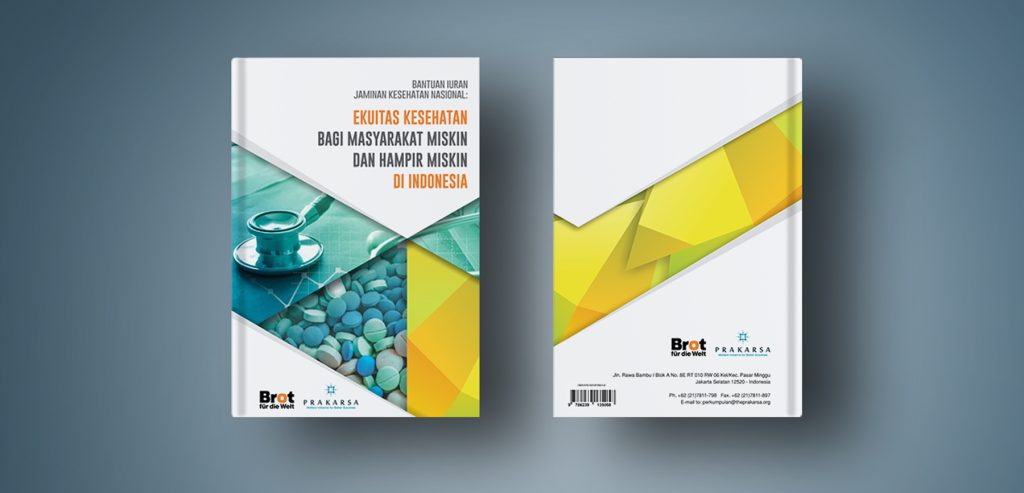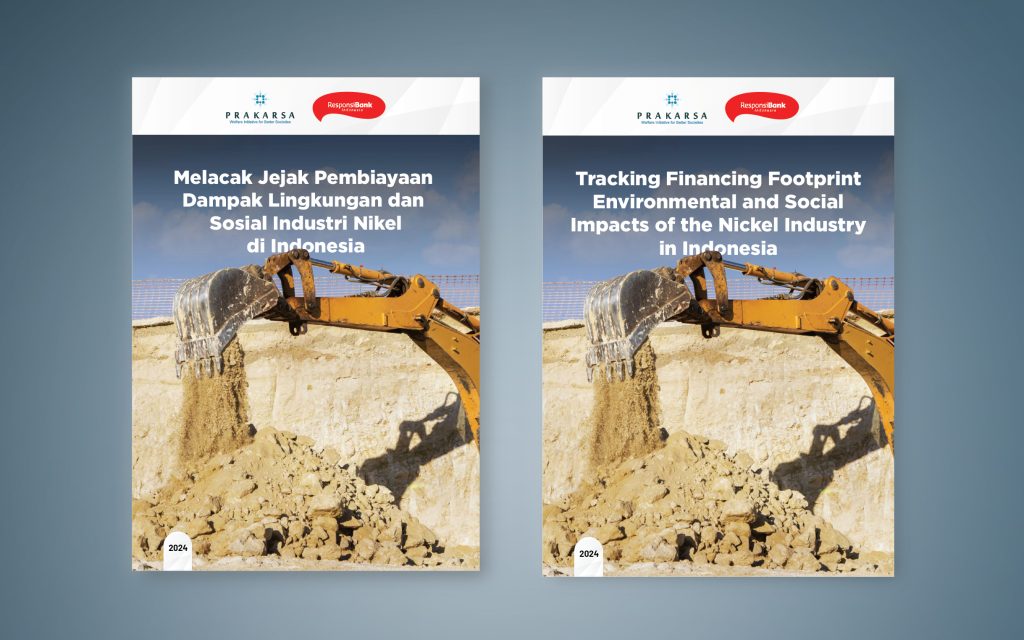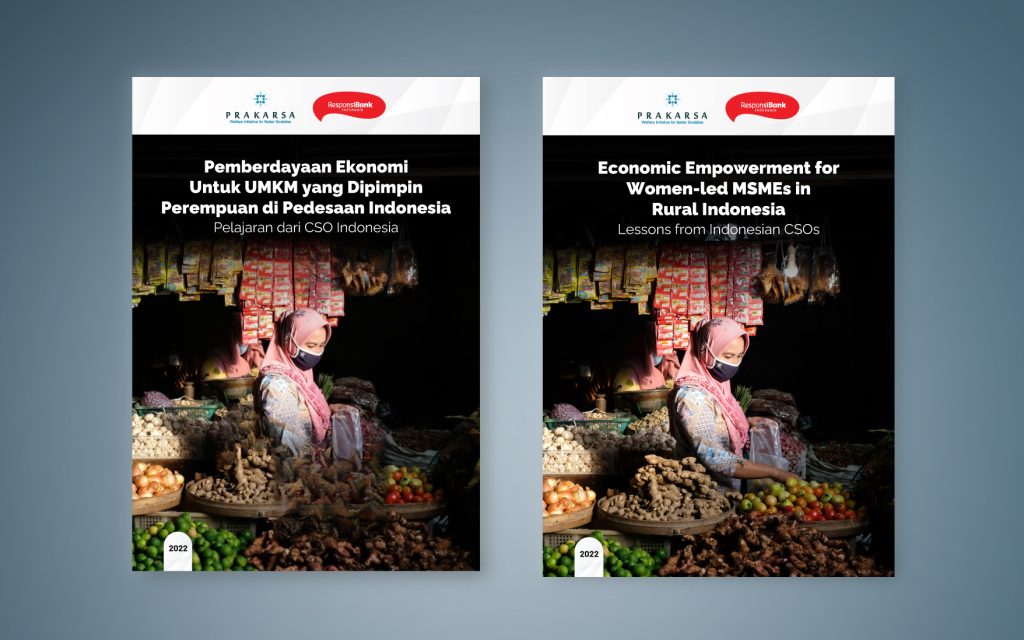
If we are in an international forum that discusses people's health in various countries, it is undeniable that feelings of excitement often fill us up. Why not, if various indicators of inferiority and health status such as Maternal Mortality Rate, Infant Mortality Rate, Toddler Mortality Rate, and moreover the nation's productivity; Indonesia is far behind from its peers. What is meant by equivalent countries are low middle income countries. If we look at the report of the World Health Organization (WHO) in 2000, it is clear that the correlation between the low performance/health status of the nation is related to the low funding or health spending in Indonesia.
Due to the high nature of uncertainty, externality, and asymmetric information, health funding cannot be left to individual households. This is because health funding by households (out of pocket) is the most regressive funding, the most burdensome for low-income residents. Even people who are not rich, easily fall into poverty if they get a serious illness. The cost of medical treatment above Rp. 50 million is certain to impoverish even people who earn Rp. 20 million. That is why, there are no developed and middle-class countries that let their people pay their own medical expenses. Health funding must be sourced from the public, that is, funded from income taxes and/or social health insurance. Residents pay taxes or health insurance contributions when healthy. When sick, they do not have to pay. However, the poor, underprivileged, and even non-wage recipients (informal sector) often receive assistance/subsidies to pay contributions or pay for medical expenses. The goal is simple, the realization of egalitarian equity, namely access to adequate quality health services according to a person's medical needs regardless of the person's economic condition. That is the main goal of public funding, universal health coverage, which the world has committed to realizing by 2030.
Developed countries have long funded health services with a portion of 70-85% from public funds. Public funding sources in Mungtai have crossed 87%. Meanwhile, the Malaysian government in two decades has covered 50-60% of its people's health spending. The Chinese government, which in 2000 was the same as ours, has now borne 55% of the health expenditure of all its people. However, the Government of Indonesia (including spending on JKN/social insurance) since 20 years ago has only covered about 40% of health spending for all the people, the lowest. Indonesia's public health spending was only US$ 36/capita in 2014, managed by BPJSK was only about US$ 27 per capita per year. The average world health expenditure per capita in the same year reached US$ 1.061. Do not be surprised if the quality and productivity of our nation is far behind.
Even though they are still half-hearted and always argue that the Government does not have enough fiscal resources, the poor and underprivileged have been guaranteed through the JKN contribution subsidy. Not yet adequate, but it has helped some of the people affected by the disaster get sick. There are still many problems with JKN, especially for Contribution Assistance Recipients (PBI), such as incorrect targets, inaccurate JKN-KIS cards, and insufficient information for PBI participants. It is also regrettable that BPJS has mistakenly disseminated information that the utilization (utilization rate) of PBI is low by presenting only claim data. Many JKN participants, especially PBI participants who have problems with the JKN-KIS card, who have not or have not exercised their rights, do not use the JKN-KIS card for treatment. Thus, claims that go to BPJS Kesehatan are biased. Evaluation research, especially to measure whether the goal of egalitarian equity is getting better, needs to examine population/community data, not BPJS Health claims data. In addition, a population-based study can dig up more information about the understanding of JKN and various other contributors related to JKN equity and protectability.



